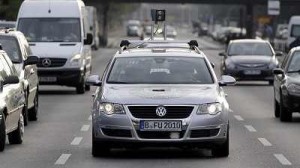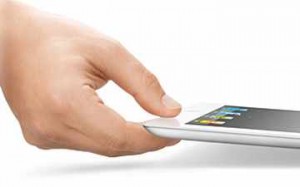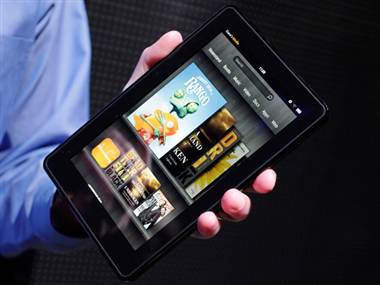 Researchers from a university in Germany have designed a computer-controlled car, hailed as the future of driving.
Researchers from a university in Germany have designed a computer-controlled car, hailed as the future of driving.
Working out of Berlin’s Free University, they have been testing a modified Volkeswagen Passat worth 400,000 euro (£349,000) around the German capital.
The car moves through traffic using a computer, electronics, a satellite navigation system in the boot, a camera in the front, and laser scanners on the roof and around the front and rear bumpers.
Raul Rojas, the head of the university’s research group for artificial intelligence, said: “The vehicle can recognise other cars on the road, pedestrians, buildings and trees up to 70 yards around it and even see if the traffic lights ahead are red or green and react accordingly.
“In fact, the car’s recognition and reaction to its environment is much faster than a human being’s reaction.”
The scientists have worked on their research car for four years, while Google has been testing a robotic Toyota Prius in Nevada.
Prof Rojas estimates that once the technology – specifically the sensors – gets less expensive, such cars will be available to buy within 30 to 40 years.
“This kind of technology is the future of mobility,” he said.
Ferdinand Dudenhoeffer, a professor for automotive economics at the University of Duisburg-Essen, believes driverless cars could be on the market within ten years.
He said: “There’s a big trend for completely computer-controlled cars – many companies and research centres in several countries are working on it and it is hard to say, who’s got the most-developed vehicle at the moment.”
Source : Orange News




































